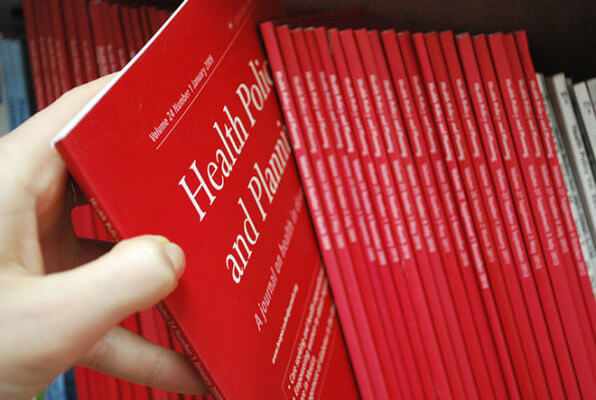Curatio International Foundation publishes Georgia case study of primary health care system (PRIMASYS). The PRIMASYS case study covers key aspects of primary health care system, including policy development and implementation, financing, integration of primary health care into comprehensive health systems, scope, quality and coverage of care, governance and organization, and monitoring and evaluation of system performance.
The PRIMASYS case study applied a framework looking at how the primary health care system works and what factors (both contextual and related to policy changes) have influenced access to and performance of primary health care in Georgia since 1994. Documents review and in-depth interviews with key stakeholders were conducted in 2017 in order to understand barriers and facilitators of the system reforms in Georgia.
Georgia PRIMASYS case study emphasizes that Georgia’s health care system has undergone radical reforms over the last two decades, significantly influenced by external drivers such as political dynamics, macroeconomic factors, international partners’ involvement and internal processes.
The current PHC system in Georgia offers accessible and affordable services to the population, with differentiated benefits to those in greater need. However, the system still requires significant improvements to achieve its ultimate goal of delivering comprehensive, continuous and people-centered care.
Georgia PRIMASYS case study was part of the series of 20 PRIMASYS case studies globally developed with the support of the Alliance for Health Policy and Systems Research in collaboration with the Bill & Melinda Gates Foundation. The case studies will serve as the basis for a multi-country analysis of primary health care systems, to understand the systems-level determinants of primary health care performance, and to draw cross-cutting lessons learned in the implementation of primary health care policies and systems reforms and interventions.
Download the full report.
 The study was a part of a multi-country coting and financing study of routine immunization program, supported by the Bill and Melinda Gates Foundation.
The study was a part of a multi-country coting and financing study of routine immunization program, supported by the Bill and Melinda Gates Foundation. This study documented that after 3 years of the MIP implementation the program successfully managed to reduce financial access barriers for the MIP covered individuals by delivering greater financial benefits to the poorest. Although the MIP did not facilitate growth in health care utilization for all beneficiaries, positive trends were observed among capital city residents.
This study documented that after 3 years of the MIP implementation the program successfully managed to reduce financial access barriers for the MIP covered individuals by delivering greater financial benefits to the poorest. Although the MIP did not facilitate growth in health care utilization for all beneficiaries, positive trends were observed among capital city residents.